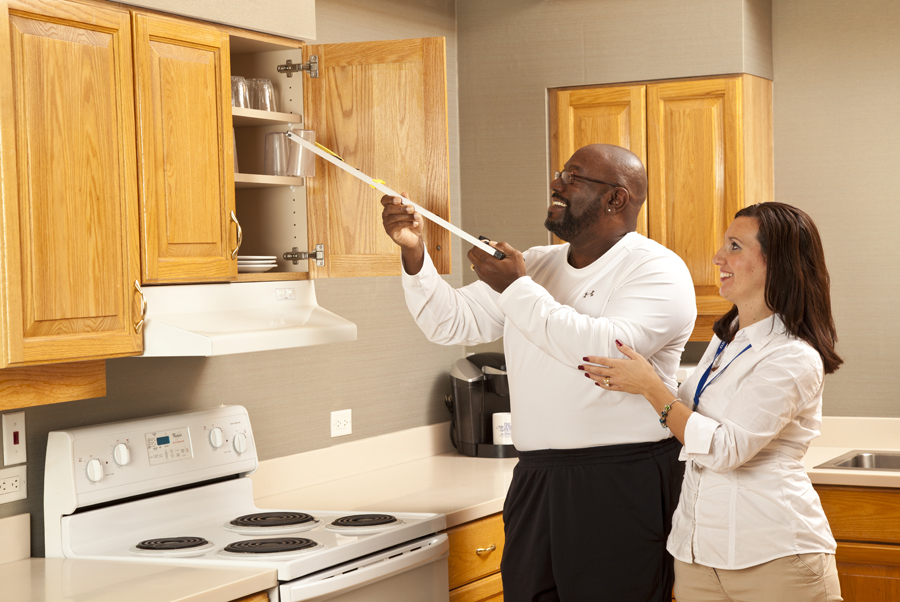Empowering Patients Via Psychological Assistance in Pulmonary Rehabilitation Initiatives.
Wiki Article
Cardiopulmonary rehab initiatives are designed to help individuals with cardiac and lung conditions enhance their health and standard of life. These initiatives often consist of physical exercise, instruction about heart and pulmonary health, and assistance for making lifestyle choices modifications. Nonetheless, one important aspect that is occasionally neglected is the role of emotional support. Emotional support refers to the psychological and social assistance that patients receive during their recovery journey. This assistance can empower individuals, enhance their self-esteem, and help them manage the obstacles that come with chronic medical conditions.

Individuals in cardiopulmonary rehabilitation frequently face various emotional and emotional difficulties. Emotions of nervousness, depression, and loneliness can be common. These feelings may arise from the pressure of confronting with a serious health issue or the concern of upcoming medical issues. Emotional assistance can aid address these feelings by providing individuals with a secure environment to discuss about their worries and bond with peers who understand what they are going through. Group counseling meetings and one-on-one counseling can be effective ways to facilitate this support. By engaging with experts and peers, patients can learn coping techniques and discover support from peers who share similar experiences.
Incorporating emotional support into cardiopulmonary rehabilitation programs can lead to better medical results for patients. Studies show that when patients receive psychosocial assistance, they are more likely to adhere to their recovery programs, follow to medication, and implement necessary lifestyle modifications. This engagement can lead to improved physical health, reduced admissions, and an entire improved standard of life. Support teams can foster inspiration and accountability, helping individuals remain committed to their recovery goals. This collaborative approach highlights the significance of addressing both physical and psychological well-being in the recovery process.
Educators and medical providers play a vital role in offering psychosocial assistance within these programs. They can help individuals comprehend the importance of emotional health in their rehabilitation process. By establishing an atmosphere of empathy and understanding, healthcare providers can promote open dialogue about emotions and worries. Educating personnel in interpersonal techniques and psychosocial assistance strategies can enhance the general individual journey. Recommended Site Moreover, integrating education about stress reduction, calming methods, and positive adaptation approaches can enable individuals to take an active role in their mental health.
In conclusion, strengthening individuals through emotional assistance in cardiac and pulmonary rehab programs is crucial for encouraging holistic rehabilitation. By recognizing the emotional and social aspects of recovery, medical professionals can establish a more nurturing atmosphere that meets the needs of the whole person. Patients who receive this comprehensive treatment are more apt to attain their health objectives and improve their overall quality of life. The inclusion of emotional assistance into rehabilitation programs not only improves the patient check out the post right here journey but also contributes to improved sustained medical results.